
Bhopal: The City of Lakes and Heritage
Bhopal, the capital city of Madhya Pradesh, is a blend of historic charm and modernity. Known as the 'City of Lakes,' Bhopal is dotted with numerous natural and artificial lakes that add to its scenic beauty. The Upper Lake and the Lower Lake are the most famous ones, providing a serene escape within the city's bustling environment. Strolling along the lakes, you can witness stunning sunsets, take boat rides, or simply enjoy the tranquility. Bhopal is also steeped in history and culture. The city houses several historical monuments, museums, and palaces. The Taj-ul-Masajid, one of the largest mosques in India, stands as a testament to Bhopal's rich Mughal heritage. Other notable landmarks include the Shaukat Mahal, Moti Masjid, and the Birla Mandir. The city’s museums, such as Bharat Bhavan and the State Museum, offer a deep dive into the art, history, and culture of the region. A visit to Bhopal is incomplete without exploring its vibrant markets and trying its delectable cuisine. The Chowk Bazaar is a bustling market where you can find traditional handicrafts, jewelry, and textiles. For food lovers, Bhopal offers a unique culinary experience with its array of local dishes like Poha, Biryani, and Kebabs. The city’s street food is also a must-try, with options like Samosas and Jalebis that are sure to tantalize your taste buds.
Local tips in Bhopal
- Visit the lakes early in the morning for a peaceful experience and to avoid the crowds.
- Wear comfortable shoes as many attractions involve walking.
- Try local cuisine at street vendors for an authentic taste of Bhopal.
- Respect the local customs, especially when visiting religious sites.
- Use public transportation or hire a local guide to navigate the city efficiently.
Bhopal: The City of Lakes and Heritage
Bhopal, the capital city of Madhya Pradesh, is a blend of historic charm and modernity. Known as the 'City of Lakes,' Bhopal is dotted with numerous natural and artificial lakes that add to its scenic beauty. The Upper Lake and the Lower Lake are the most famous ones, providing a serene escape within the city's bustling environment. Strolling along the lakes, you can witness stunning sunsets, take boat rides, or simply enjoy the tranquility. Bhopal is also steeped in history and culture. The city houses several historical monuments, museums, and palaces. The Taj-ul-Masajid, one of the largest mosques in India, stands as a testament to Bhopal's rich Mughal heritage. Other notable landmarks include the Shaukat Mahal, Moti Masjid, and the Birla Mandir. The city’s museums, such as Bharat Bhavan and the State Museum, offer a deep dive into the art, history, and culture of the region. A visit to Bhopal is incomplete without exploring its vibrant markets and trying its delectable cuisine. The Chowk Bazaar is a bustling market where you can find traditional handicrafts, jewelry, and textiles. For food lovers, Bhopal offers a unique culinary experience with its array of local dishes like Poha, Biryani, and Kebabs. The city’s street food is also a must-try, with options like Samosas and Jalebis that are sure to tantalize your taste buds.
When is the best time to go to Bhopal?
Iconic landmarks you can’t miss
Madhya Pradesh Tribal Museum
Explore the rich tribal heritage of Madhya Pradesh at the Tribal Museum in Bhopal, where culture and history come alive through engaging exhibits.
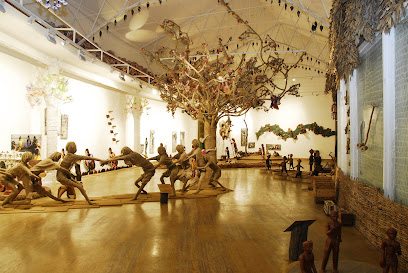
Van Vihar National Park Bhopal
Discover the lush beauty and wildlife of Van Vihar National Park in Bhopal, Madhya Pradesh - a tranquil escape perfect for nature lovers.
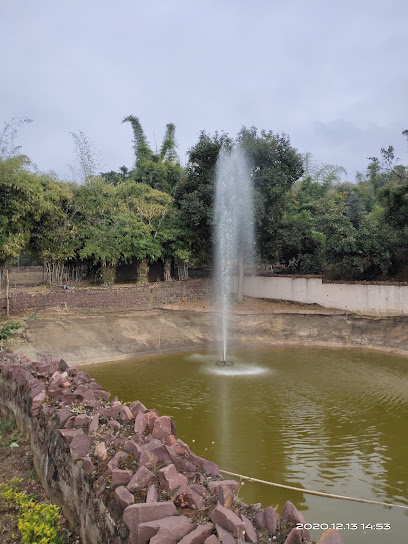
Birla Mandir
Discover the serene beauty of Birla Mandir, a stunning Hindu temple in Bhopal, where spirituality meets intricate artistry amid picturesque hills.
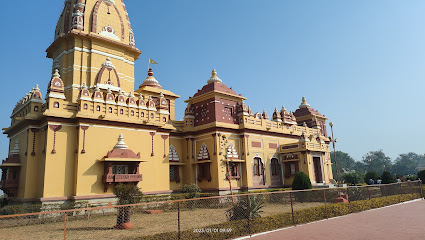
Kamla Park
Experience the beauty of nature at Kamla Park, a serene oasis in Bhopal, perfect for relaxation, recreation, and family outings.
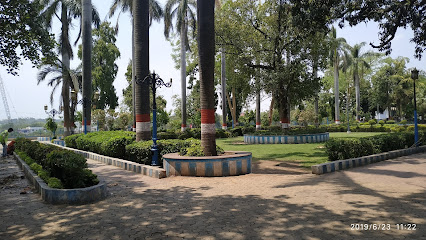
Shaurya Smarak Bhopal
Explore Shaurya Smarak in Bhopal, a captivating war museum celebrating the bravery of Indian soldiers through impressive exhibits and serene surroundings.
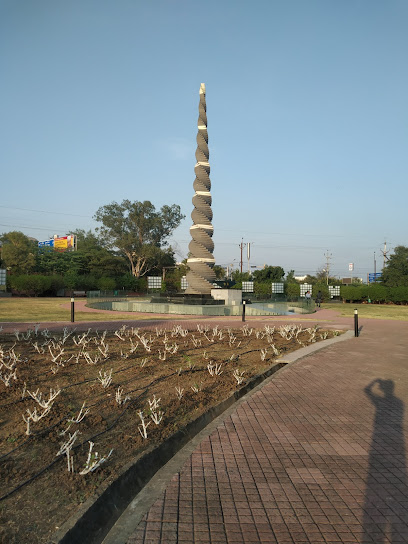
Bharat Bhawan
Explore the artistic heart of Bhopal at Bharat Bhawan, where culture, creativity, and community converge in a stunning setting.
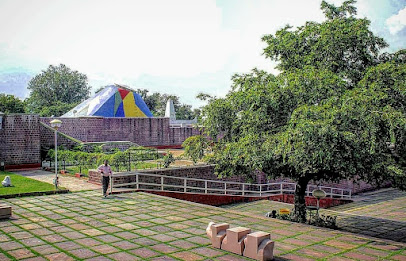
Kanha Fun City
Experience endless fun and adventure at Kanha Fun City in Bhopal, featuring thrilling rides, exciting water slides, and family-friendly attractions.
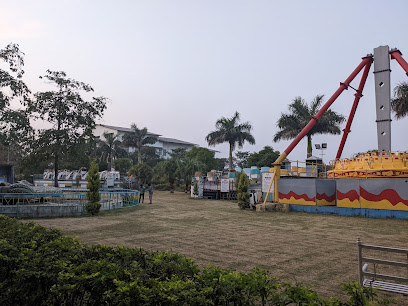
Taj ul Masajid
Discover the majestic Taj ul Masajid, one of India's largest mosques, an architectural wonder in Bhopal with rich cultural and spiritual significance.
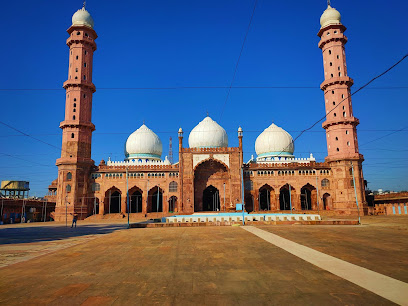
Moti Masjid
Discover the architectural beauty and historical significance of Moti Masjid, a must-visit mosque and cultural landmark in Bhopal, Madhya Pradesh.
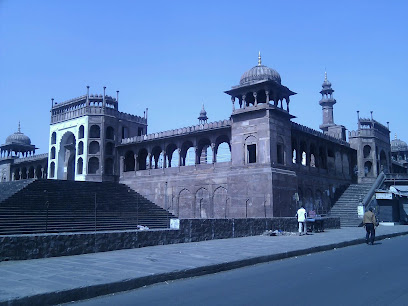
Indira Gandhi Rashtriya Manav Sangrahalaya
Discover the cultural richness of India at Indira Gandhi Rashtriya Manav Sangrahalaya - a journey through time and tradition awaits!
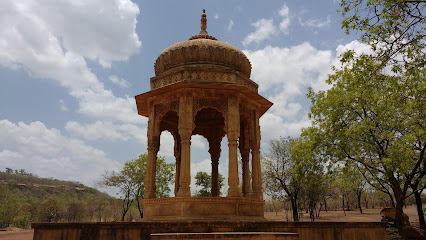
Gauhar Mahal
Explore the architectural splendor and cultural heritage of Gauhar Mahal in Bhopal, a stunning historical landmark perfect for every traveler.
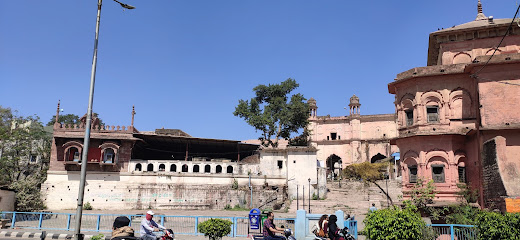
Jama masjid
Explore Jama Masjid in Bhopal: A Majestic Mosque Showcasing Mughal Architecture and Cultural Heritage.
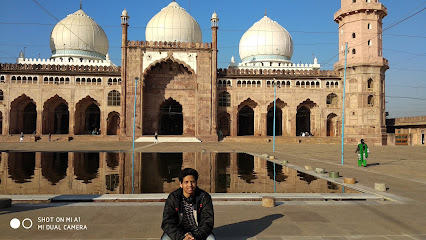
Neelam Park
Experience the tranquility of Neelam Park in Bhopal, a lush green oasis perfect for relaxation, picnics, and cultural events amidst nature's beauty.
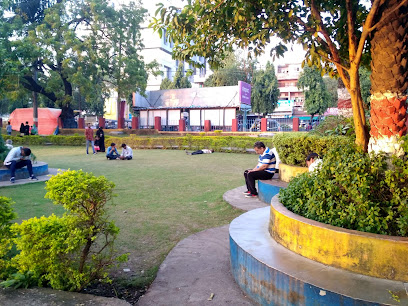
Birla Museum
Explore the cultural treasures and historical wonders of Birla Museum in Bhopal, a serene destination for history enthusiasts and curious travelers.
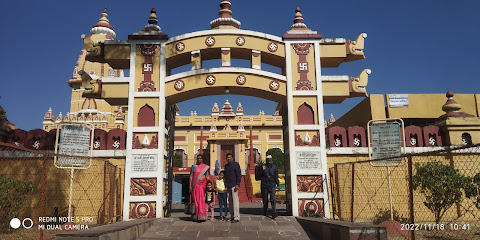
Narmada Park
Discover the natural beauty and tranquility of Narmada Park in Bhopal, a perfect retreat for nature lovers and families alike.
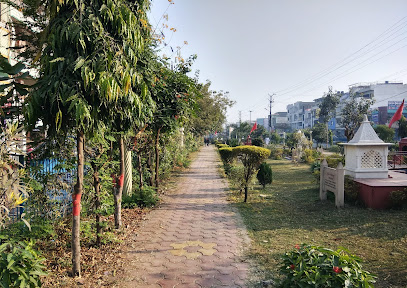
Unmissable attractions to see
Madhya Pradesh Tribal Museum
Discover Madhya Pradesh's tribal heritage through immersive exhibits of art, culture, and traditions in Bhopal's unique museum.
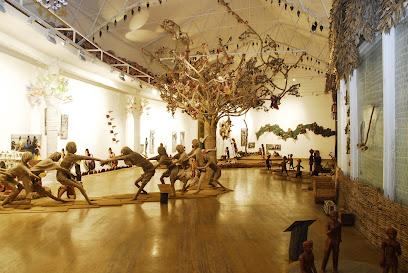
Van Vihar National Park Bhopal
Discover Bhopal's unique wildlife sanctuary: A blend of national park and zoological experience on the banks of the beautiful Upper Lake.
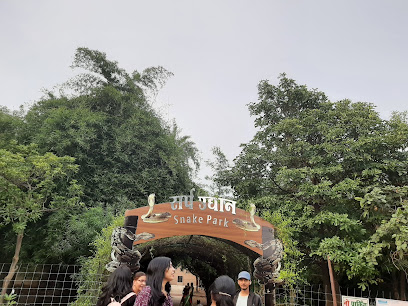
Sair Sapata, Bhopal
Discover Bhopal's Sair Sapata: A lakeside haven with a suspension bridge, kids' play zone, and endless family fun!
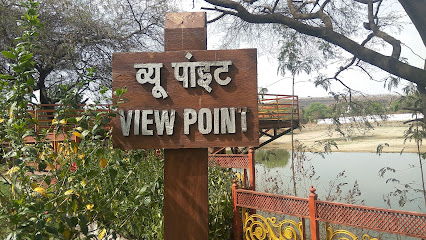
Birla Mandir
A serene Hindu temple in Bhopal offering spiritual solace, panoramic views, and a glimpse into ancient art.
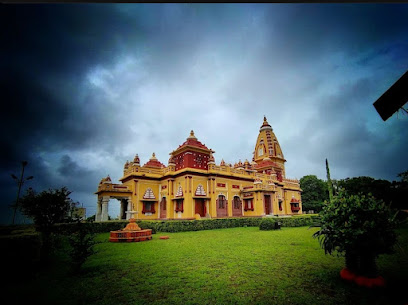
Kamla Park
Escape to Bhopal's Kamla Park: A serene lakeside oasis offering natural beauty, historical charm, and a peaceful retreat for all.
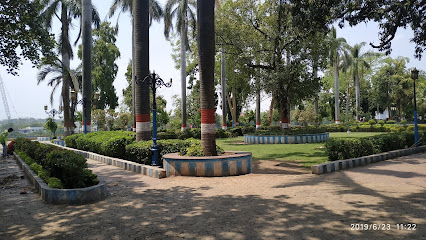
Bhojeshwar Mahadev Temple
Marvel at the unfinished masterpiece of Bhojeshwar Mahadev Temple, home to one of India's largest Shivalingams, and explore ancient architecture near Bhopal.
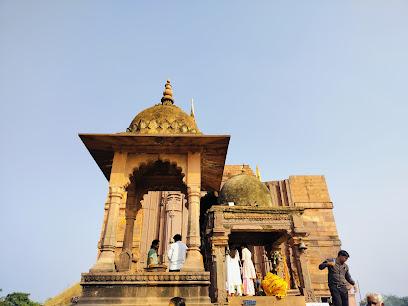
Bhimbetka rock shelters
Explore prehistoric art and ancient human history at the UNESCO World Heritage Site of Bhimbetka Rock Shelters near Bhopal, Madhya Pradesh.
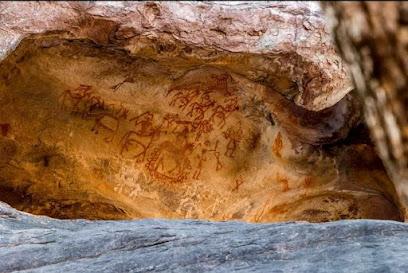
Shaurya Smarak Bhopal
A poignant war memorial in Bhopal honoring the valor and sacrifice of India's armed forces, with immersive exhibits and inspiring installations.
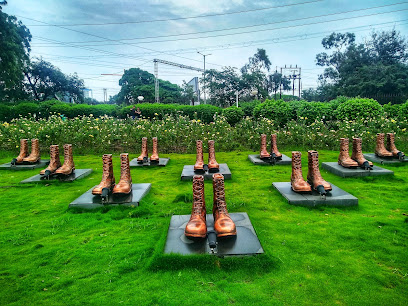
Raja Bhoj Statue
Majestic statue honoring Raja Bhoj on Bhopal's Upper Lake, a symbol of history, culture, and architectural brilliance.
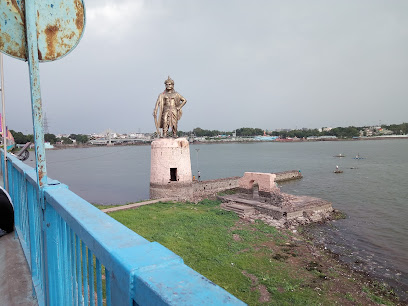
Bharat Bhavan
Discover India's artistic soul at Bharat Bhavan, Bhopal: A unique multi-arts complex showcasing the nation's diverse cultural heritage.
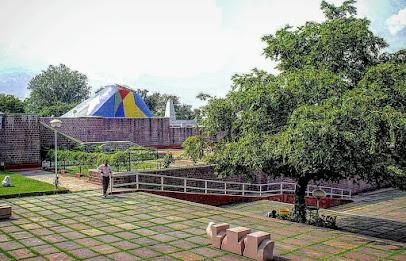
Taj-ul-Masajid
Experience the grandeur of India's largest mosque, a stunning display of Mughal architecture and Islamic heritage in the heart of Bhopal.
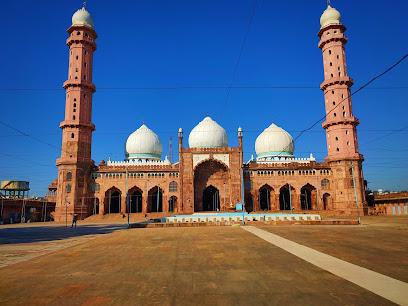
Kanha Fun City
Experience thrilling rides and water fun at Bhopal's favorite amusement and water park, perfect for family and friends!
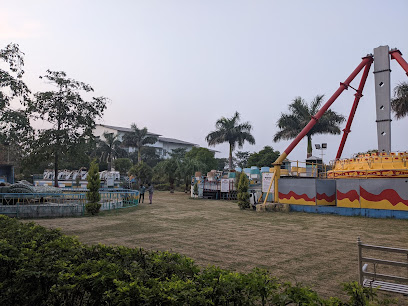
Lake View Point
Discover the enchanting beauty of Lake View Point in Bhopal, where stunning views and tranquility await every visitor.
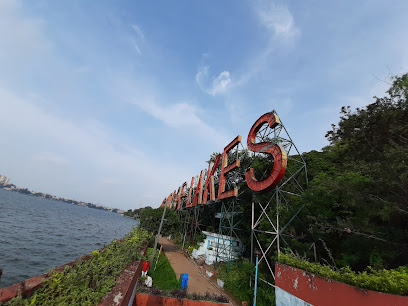
Tekri - Bhopal View Point
Experience breathtaking panoramic views of Bhopal from Tekri View Point, a serene hilltop escape with spiritual significance and natural beauty.
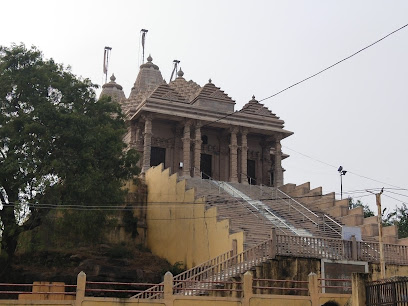
Regional Science Center
Explore the wonders of science at Bhopal's Regional Science Center: interactive exhibits, planetarium shows, and a dinosaur park await!
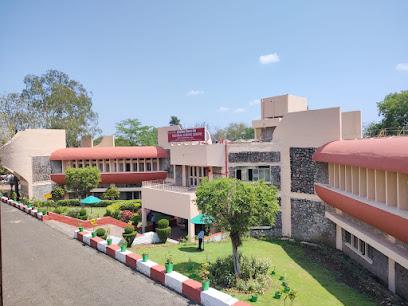
Essential places to dine
Manohar Dairy & Restaurant - MP Nagar
Experience the rich flavors of vegetarian cuisine at Manohar Dairy & Restaurant in Bhopal—where every meal is crafted with love and tradition.
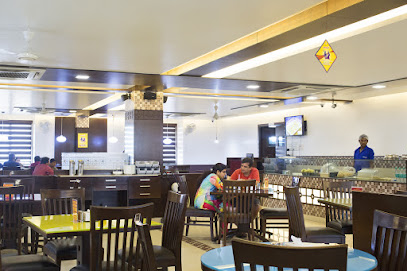
Zam Zam Fast Food
Experience authentic Mughlai cuisine at Zam Zam Fast Food in Bhopal - where every meal is a flavorful journey through Indian culinary traditions.
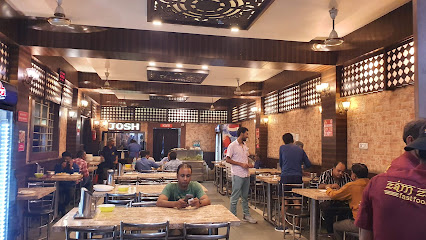
Wind And Waves Restaurant
Experience culinary delights at Wind And Waves Restaurant, where grill meets café in the heart of Bhopal's scenic Shymala Hills.
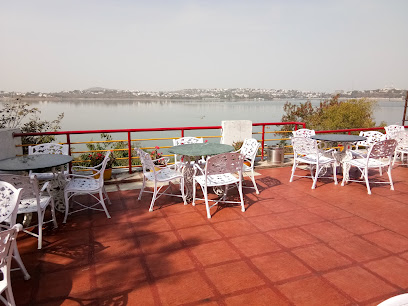
The Public House Restaurant
Discover an array of delicious cuisines at The Public House Restaurant in Bhopal - where every meal feels like home.
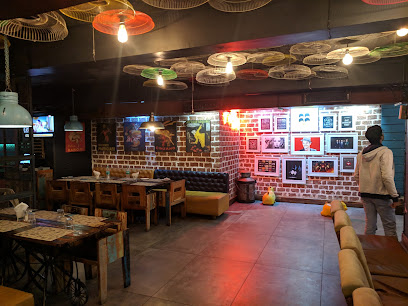
Bapu Ki Kutia
Experience the rich flavors of North Indian, South Indian, and Chinese vegetarian cuisine at Bapu Ki Kutia in Bhopal.
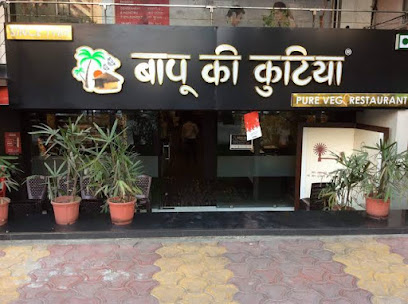
Lazeez Hakeem
Experience authentic North Indian cuisine at Lazeez Hakeem in Bhopal - from flavorful biryanis to tender chicken dishes in a vibrant setting.
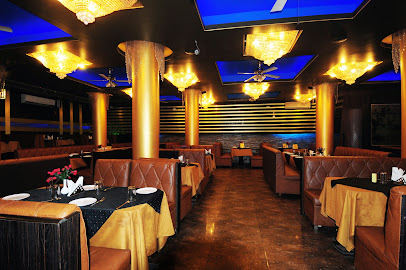
Thirty Two Degree North East
Experience the best vegetarian fast food at Thirty Two Degree North East in Bhopal - where every dish is a flavorful journey!
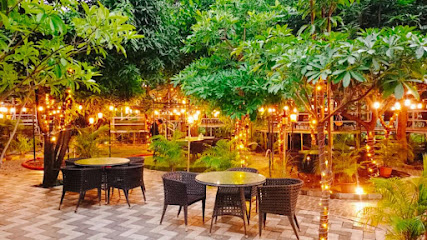
Barbeque Nation - Bhopal - Virasha
Discover the flavors of India at Barbeque Nation in Bhopal - where every meal is a celebration of taste and togetherness.
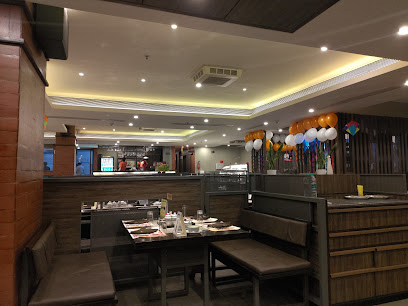
Taste of India | Veg Restaurant Caterer Bhopal
Savor the authentic taste of India at Taste of India in Bhopal – your destination for delicious vegetarian cuisine and memorable dining experiences.
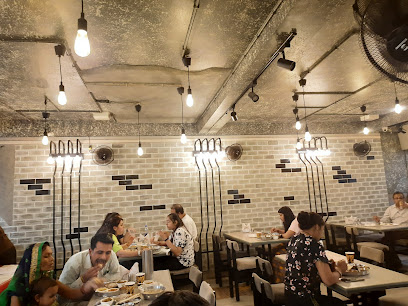
Khan Sahab Restaurant - Best Non-Veg Restaurants | Biryani | Mughlai Restaurant
Experience the authentic taste of Mughlai cuisine at Khan Sahab Restaurant in Bhopal - home of delicious biryani and kebabs.
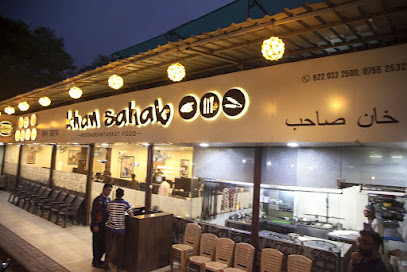
HAUS OF TASTE CAFE & FAMILY RESTAURANT
Discover the ultimate vegetarian dining experience at Haus of Taste Cafe & Family Restaurant in Bhopal—where tradition meets flavor.
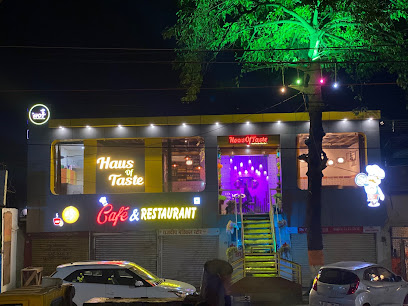
Under The Mango Tree
Experience authentic Indian flavors surrounded by nature at Under The Mango Tree in Bhopal's serene Shyamla Hills.
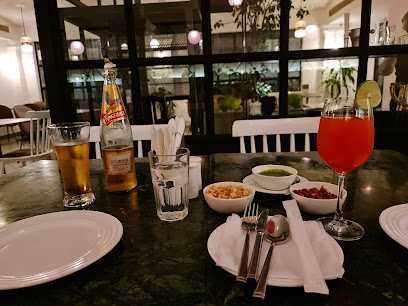
The House Of Value
Discover exquisite flavors at The House of Value in Bhopal—where culinary excellence meets warm hospitality.
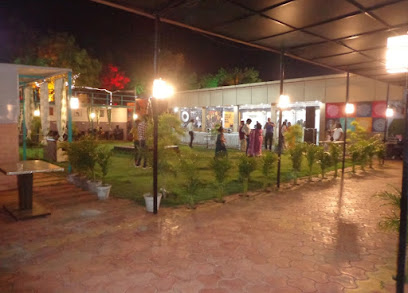
Green House Bistro
Discover exquisite dining at Green House Bistro in Bhopal, where culinary excellence meets serene ambiance amidst lush surroundings.
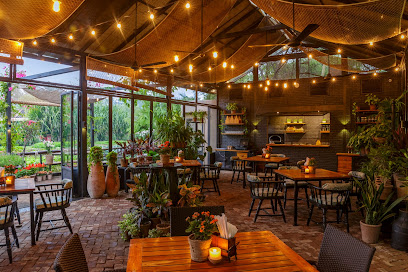
Saffron Restaurant
Discover delicious barbecue and diverse cuisines at Saffron Restaurant in Bhopal's DB City Mall – perfect for food lovers!
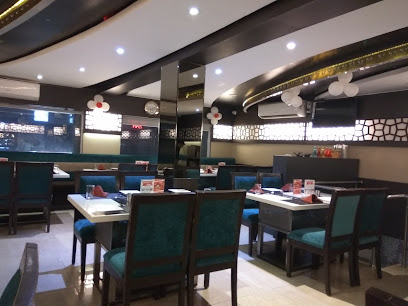
Markets, malls and hidden boutiques
Aashima Mall
Explore Aashima Mall in Bhopal for a unique shopping experience with a variety of brands, dining options, and entertainment for all ages.
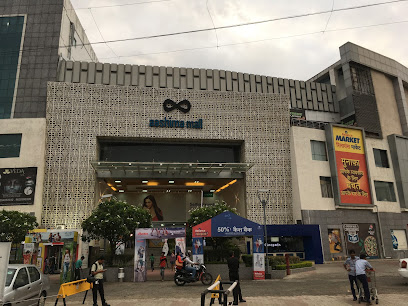
Aura Mall
Experience the best of shopping, dining, and entertainment at Aura Mall, Bhopal's premier shopping destination.
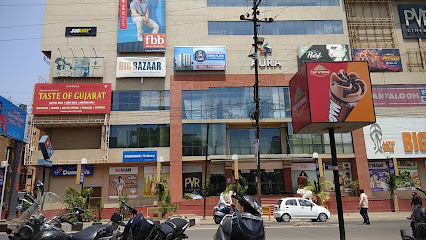
Capital Mall
Discover a vibrant shopping experience at Capital Mall, Bhopal's leading destination for retail therapy, dining, and entertainment.
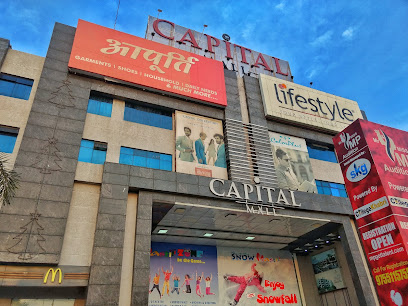
Manjeet Collection - Bhopal's most Exclusive Wedding, Fashion & Lifestyle Shopping Destination
Explore Manjeet Collection in Bhopal for exquisite wedding attire, fashionable clothing, and beauty essentials, all in one exclusive shopping destination.
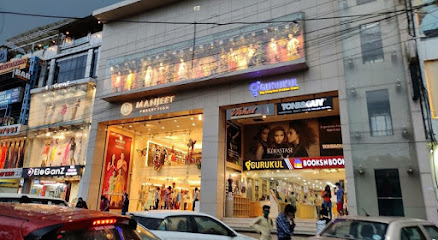
Westside - DB City Mall, Bhopal
Discover the ultimate fashion destination at Westside, DB City Mall, offering a vast range of clothing styles for every taste and occasion.
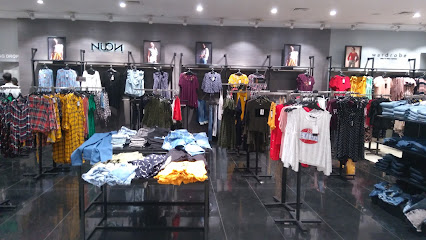
Mrignayani M.P. Govt. Emporium
Explore the vibrant culture of Madhya Pradesh at Mrignayani M.P. Govt. Emporium, a premier destination for authentic crafts and local artistry.
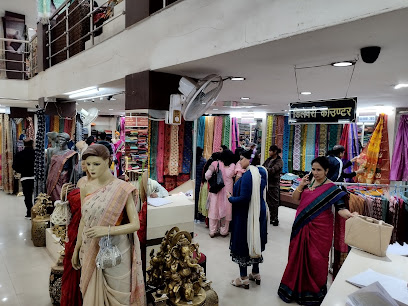
Fabindia, Arera Colony
Explore the vibrant world of traditional Indian crafts at Fabindia in Arera Colony, Bhopal, offering exquisite clothing and cane furniture.
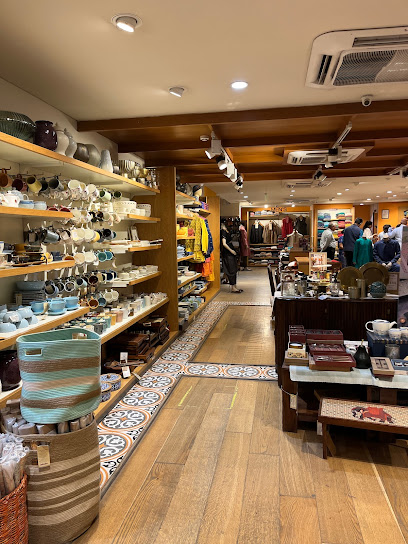
Kabuliwala
Explore the rich flavors and vibrant culture of Bhopal at Kabuliwala, your go-to grocery store for local delicacies and unique finds.
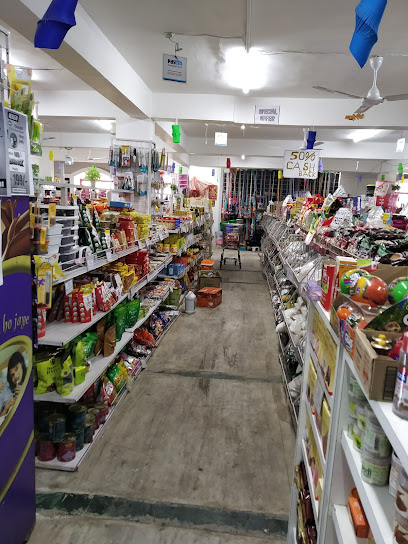
Miniso Bhopal | Gift Gallery in Bhopal
Visit Miniso Bhopal for a trendy shopping experience with unique gifts, stylish accessories, and affordable lifestyle products in a vibrant setting.
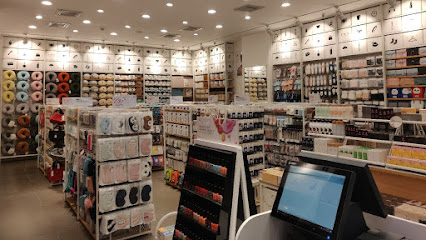
Garg Department Stores
Explore the vibrant offerings of Garg Department Stores in Bhopal, where unique gifts and local culture come together in a delightful shopping experience.
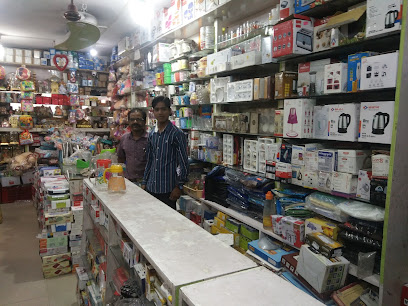
Quality Toys & Games
Explore Quality Toys & Games in Bhopal for a delightful range of toys, games, and unique gifts that spark joy for all ages.
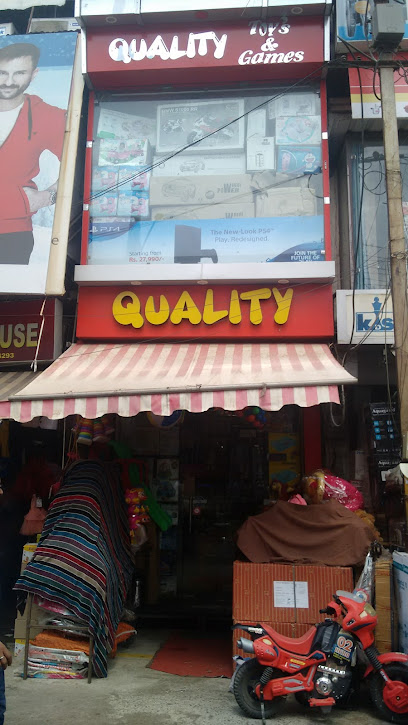
Galaxy 99 & Above gift &toys
Discover a treasure trove of gifts, toys, and accessories at Galaxy 99 & Above in Bhopal, where every item tells a story.
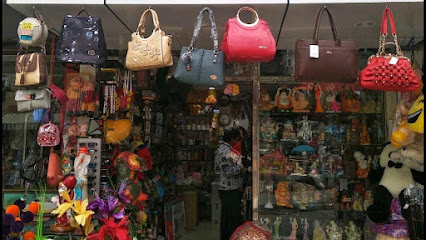
Gift Shop:The New Indus Greet N Gift Gallery
Discover unique gifts and souvenirs at The New Indus Greet N Gift Gallery in Bhopal, featuring a diverse selection from toys to jewelry at great prices.
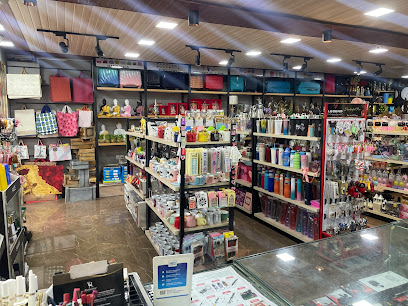
Bhopal Crafting CO.
Explore the artistic charm of Bhopal Crafting CO., where unique gifts and custom creations celebrate local craftsmanship.
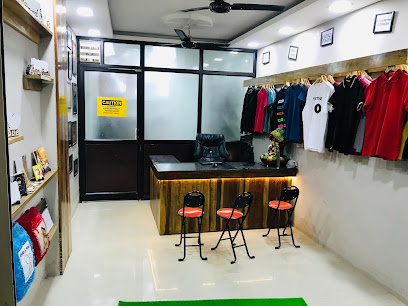
Dreamland Gift & Toys
Explore a magical world of toys and gifts at Dreamland Gift & Toys in Bhopal, where every corner sparks joy and creativity.
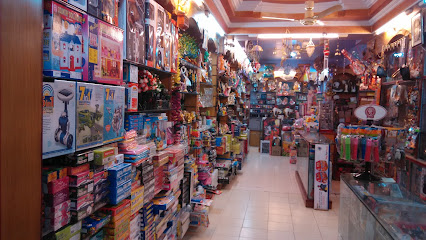
Essential bars & hidden hideouts
10 Downing Street (TDS) - Bhopal
Experience the vibrant nightlife of Bhopal at 10 Downing Street, offering exquisite dining and diverse drinks in an upscale setting.
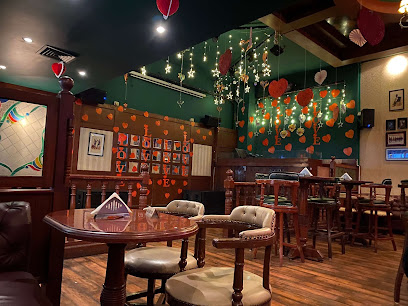
Socialite Seven Open Air Bar
Indulge in a delightful culinary experience with stunning city views at Socialite Seven Open Air Bar in Bhopal.
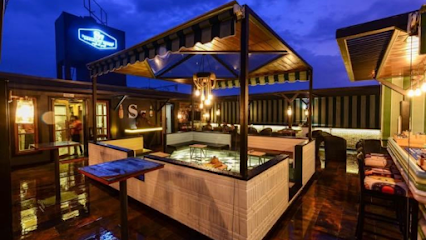
MOLECULE AIR BAR-BHOPAL
Experience the perfect blend of fine dining and vibrant nightlife at Molecule Air Bar in Bhopal, where culinary excellence meets lively entertainment.
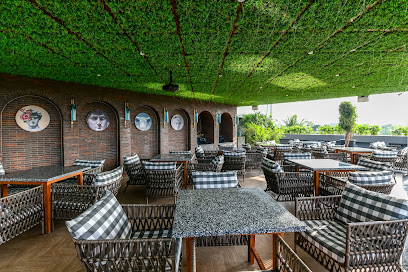
Cowboy Restaurant & Lounge
Experience the best of dining and nightlife at Cowboy Restaurant & Lounge in Bhopal, where flavors meet fun in a vibrant atmosphere.
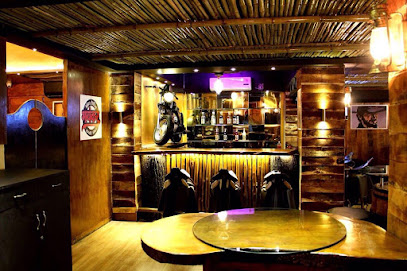
V Club & Lounge
Discover Bhopal's vibrant nightlife at V Club & Lounge, where great drinks, music, and an electric atmosphere await you.
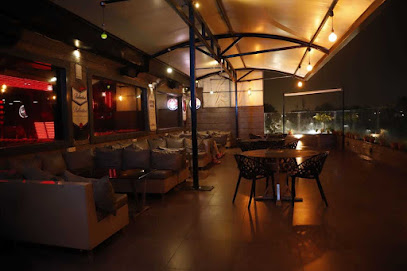
DRINX Exchange - DB Mall Bhopal
Dive into the vibrant nightlife of Bhopal at DRINX Exchange, a trendy bar in DB City Mall with unique cocktails and a lively atmosphere.
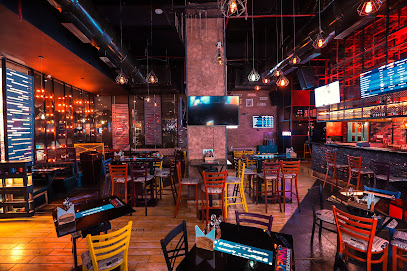
Tattenham Corner Lounge Bar
Discover Tattenham Corner Lounge Bar in Bhopal, where exquisite dining meets an inviting atmosphere for an unforgettable night out.
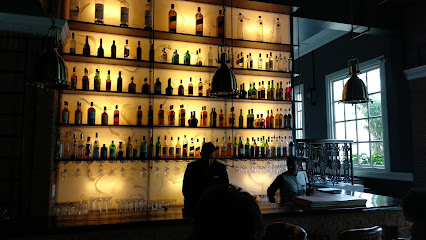
Goldmine Bar
Experience Bhopal's vibrant nightlife at Goldmine Bar, where great drinks and a lively atmosphere create unforgettable moments.
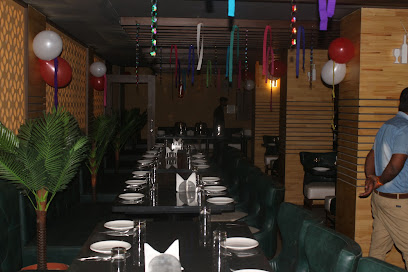
The Pitchers Club(Run By - Bhavishya Group & Shivhare Group)
Experience lively nightlife at The Pitchers Club in Bhopal, where entertainment, delicious food, and unforgettable memories await.
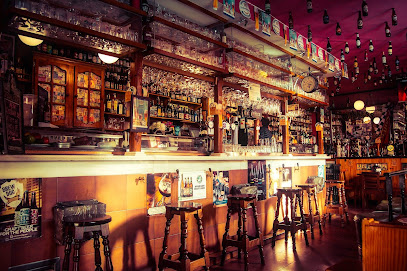
Pitchers Cafe Bar
Discover the lively Pitchers Cafe Bar in Bhopal's DB City Mall, where relaxation meets vibrant nightlife and diverse culinary delights.
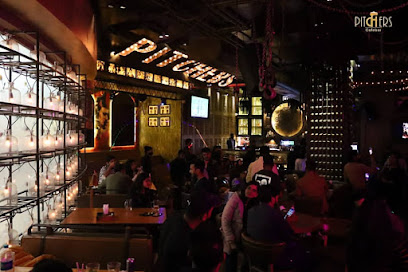
Dublin Lounge
Discover the vibrant nightlife at The Dublin Lounge, Bhopal's premier bar offering a delightful selection of drinks and live music in a cozy atmosphere.
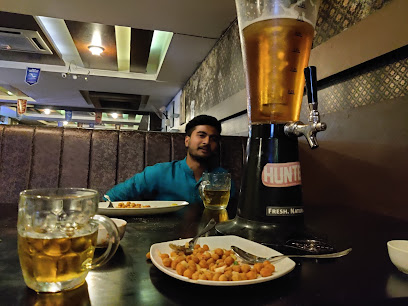
Pukhraj Bar & Restaurant.
Discover the perfect blend of fine wines and exquisite cuisine at Pukhraj Bar & Restaurant in Bhopal, a must-visit for food and wine lovers.
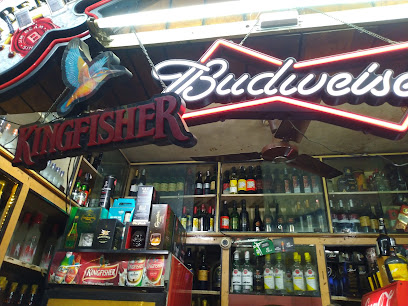
Agent jacks bar - Bhopal
Experience the lively atmosphere and diverse drink selection at Agent Jack's Bar, a premier pub in Bhopal's DB City Mall.
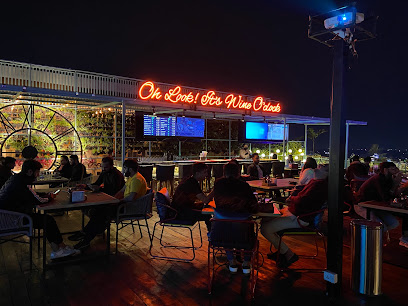
Shiva Bar And Restaurant
Discover the lively atmosphere of Shiva Bar And Restaurant in Bhopal, where local flavors meet an inviting ambiance for an unforgettable experience.
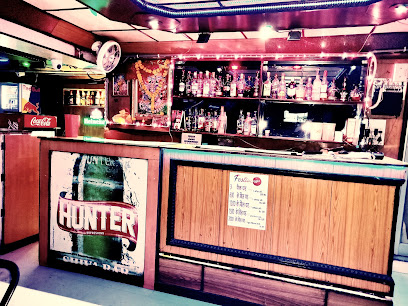
Local Phrases
-
- Helloनमस्ते
[Namaste] - Goodbyeअलविदा
[Alvida] - Yesहां
[Haan] - Noनहीं
[Nahi] - Please/You're welcomeकृपया
[Kripya] - Thank youधन्यवाद
[Dhanyavaad] - Excuse me/Sorryमाफ़ कीजिए
[Maaf kijiye] - How are you?आप कैसे हैं?
[Aap kaise hain?] - Fine. And you?ठीक हूँ। आप?
[Theek hoon. Aap?] - Do you speak English?क्या आप अंग्रेजी बोलते हैं?
[Kya aap angreji bolte hain?] - I don't understandमुझे समझ में नहीं आया
[Mujhe samajh mein nahi aaya]
- Helloनमस्ते
-
- I'd like to see the menu, pleaseकृपया मेनू दिखाइए
[Kripya menu dikhaiye] - I don't eat meatमैं मांस नहीं खाता/खाती
[Main maans nahi khaata/khaati] - Cheers!चियर्स!
[Cheers!] - I would like to pay, pleaseकृपया मैं भुगतान करना चाहूँ
[Kripya main bhugtan karna chaahoon]
- I'd like to see the menu, pleaseकृपया मेनू दिखाइए
-
- Help!मदद!
[Madad!] - Go away!चले जाइए!
[Chale jaiye!] - Call the Police!पुलिस को बुलाइए!
[Police ko bulaaiye!] - Call a doctor!डॉक्टर को बुलाइए!
[Doctor ko bulaaiye!] - I'm lostमैं खो गया/गई हूँ
[Main kho gaya/gayi hoon] - I'm illमुझे बीमारी है
[Mujhe bimari hai]
- Help!मदद!
-
- I'd like to buy...मैं ... खरीदना चाहूँ
[Main ... khareedna chaahoon] - I'm just lookingमैं सिर्फ देख रहा/रही हूँ
[Main sirf dekh raha/rahi hoon] - How much is it?यह कितने का है?
[Yeh kitne ka hai?] - That's too expensiveयह बहुत महंगा है
[Yeh bahut mehenga hai] - Can you lower the price?क्या आप कीमत कम कर सकते हैं?
[Kya aap keemat kam kar sakte hain?]
- I'd like to buy...मैं ... खरीदना चाहूँ
-
- What time is it?अब कितने बजे हैं?
[Ab kitne baje hain?] - It's one o'clockएक बजे हैं
[Ek baje hain] - Half past (10)दस बजे तक
[Das baje tak] - Morningसुबह
[Subah] - Afternoonदोपहर
[Dopahar] - Eveningशाम
[Shaam] - Yesterdayकल
[Kal] - Todayआज
[Aaj] - Tomorrowकल
[Kal] - 1एक
[Ek] - 2दो
[Do] - 3तीन
[Teen] - 4चार
[Char] - 5पांच
[Paanch] - 6छह
[Chhah] - 7सात
[Saath] - 8आठ
[Aath] - 9नौ
[Nau] - 10दस
[Das]
- What time is it?अब कितने बजे हैं?
-
- Where's a/the...?... कहाँ है?
[... kahan hai?] - What's the address?पता क्या है?
[Pata kya hai?] - Can you show me (on the map)?क्या आप मुझे दिखा सकते हैं (नक्शे पर)?
[Kya aap mujhe dikha sakte hain (naksha par)?] - When's the next (bus)?अगली (बस) कब है?
[Agli (bus) kab hai?] - A ticket (to ....)एक टिकट (... के लिए)
[Ek ticket (... ke liye)]
- Where's a/the...?... कहाँ है?
History of Bhopal
-
Bhopal was founded in the early 18th century by Dost Mohammad Khan, an Afghan soldier in the Mughal army. After the decline of the Mughal Empire, he established his own small state in the region, laying the foundation for what would become the city of Bhopal.
-
Bhopal is renowned for its history of female rulers. From 1819 to 1926, the city was ruled by a succession of powerful women known as the Begums of Bhopal. They were known for their administrative skills, progressive outlook, and contributions to the city's infrastructure, including the development of waterworks, railways, and educational institutions.
-
Bhopal remained a princely state during the British Raj. The princely state of Bhopal was one of the largest in India and played a significant role in the politics of British India. It was known for its relatively progressive policies and modern infrastructure compared to other princely states.
-
On the night of December 2-3, 1984, Bhopal witnessed one of the world's worst industrial disasters. A leak of methyl isocyanate gas from the Union Carbide India Limited pesticide plant killed thousands of people and left many more suffering from severe health issues. The incident brought global attention to industrial safety standards and corporate accountability.
-
Bhopal is a city of diverse cultural heritage, blending Hindu and Muslim traditions. Its architecture reflects this amalgamation, with landmarks such as the Taj-ul-Masajid, one of the largest mosques in India, and the Shaukat Mahal, a unique mix of European and Mughal architectural styles. The city’s old and new parts offer contrasting experiences, from bustling bazaars to modern urban planning.
-
Today, Bhopal serves as the capital of Madhya Pradesh and is known for its lakes, parks, and green spaces. It has developed into a center for education and industry while retaining its historical charm. The city's growth is marked by a blend of tradition and modernity, making it a vibrant place to explore.
Bhopal Essentials
-
Bhopal is well-connected by air, rail, and road. The Raja Bhoj Airport serves as the primary gateway, with regular flights from major Indian cities like Delhi, Mumbai, and Bangalore. Bhopal Junction is a major railway station on the West Central Railway line, offering extensive connectivity across India. For road travelers, National Highway 46 and 12 connect Bhopal to other important cities. Inter-state and local buses operate regularly, making it easy to reach Bhopal by road.
-
Bhopal offers various transportation options for tourists. Auto-rickshaws and app-based cab services like Uber and Ola are widely available. For a more local experience, cycle-rickshaws can be a charming way to explore the old city. The city also has a reliable bus network managed by Bhopal City Link Limited (BCLL). For longer distances, renting a car can be convenient, and several rental agencies operate within the city.
-
The currency used in Bhopal, as in the rest of India, is the Indian Rupee (INR). Credit and debit cards are accepted in most hotels, restaurants, and shopping centers. However, it is advisable to carry some cash for smaller establishments and street vendors. ATMs are plentiful and widely distributed throughout the city, but ensure you have enough cash when exploring rural areas or smaller towns around Bhopal.
-
Bhopal is generally safe for tourists, but it's important to exercise standard precautions. Avoid isolated areas after dark and be cautious in crowded markets and public transport to prevent pickpocketing. Areas like Aishbagh and Govindpura have reported higher incidences of petty crimes targeting tourists. Always keep your belongings secure and be aware of your surroundings.
-
In case of emergency, dial 100 for police assistance, 101 for fire services, and 108 for medical emergencies. Major hospitals like AIIMS Bhopal and Chirayu Medical College are equipped to handle various medical emergencies. It's advisable to have travel insurance that covers medical emergencies. For minor health issues, numerous pharmacies are available throughout the city.
-
Fashion: Do dress modestly, especially when visiting religious sites. Avoid wearing revealing clothing. Religion: Do respect local customs and traditions; remove your shoes before entering temples and cover your head when required. Public Transport: Do be respectful and give up your seat to elderly passengers. Don’t eat or drink on public transport. Greetings: Do greet people with a 'Namaste' with hands folded, a sign of respect. Eating & Drinking: Do try local delicacies and accept food offerings graciously. Don’t refuse hospitality, as it is considered impolite.
-
To experience Bhopal like a local, visit the bustling Chowk Bazaar, where you can find traditional handicrafts and street food. Engage with locals and try to learn a few phrases in Hindi, as it can enhance your interactions. Don't miss taking a stroll around the Upper Lake (Bhojtal) for a scenic experience. For a cultural immersion, attend local festivals like the Ijtima and Diwali, which offer a glimpse into the local traditions and lifestyle.
Nearby Cities to Bhopal
-
Things To Do in Jabalpur
-
Things To Do in Nagpur
-
Things To Do in Ranthambore
-
Things To Do in Gwalior
-
Things To Do in Udaipur
-
Things To Do in Aurangabad
-
Things To Do in Jaipur
-
Things To Do in Agra
-
Things To Do in Vadodara
-
Things To Do in Pushkar
-
Things To Do in Kanpur
-
Things To Do in Raipur
-
Things To Do in Ahmedabad
-
Things To Do in Nashik
-
Things To Do in Lucknow












